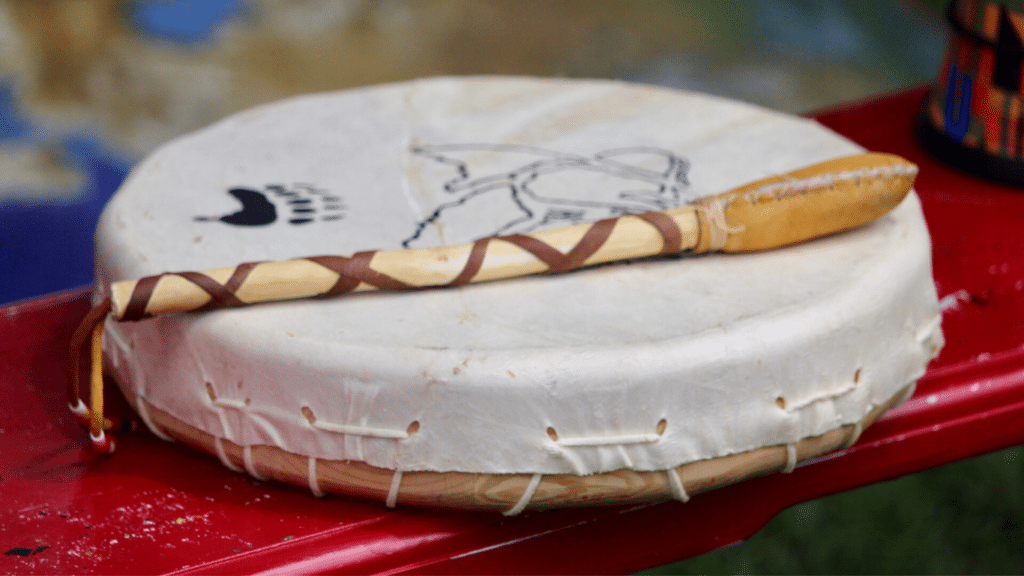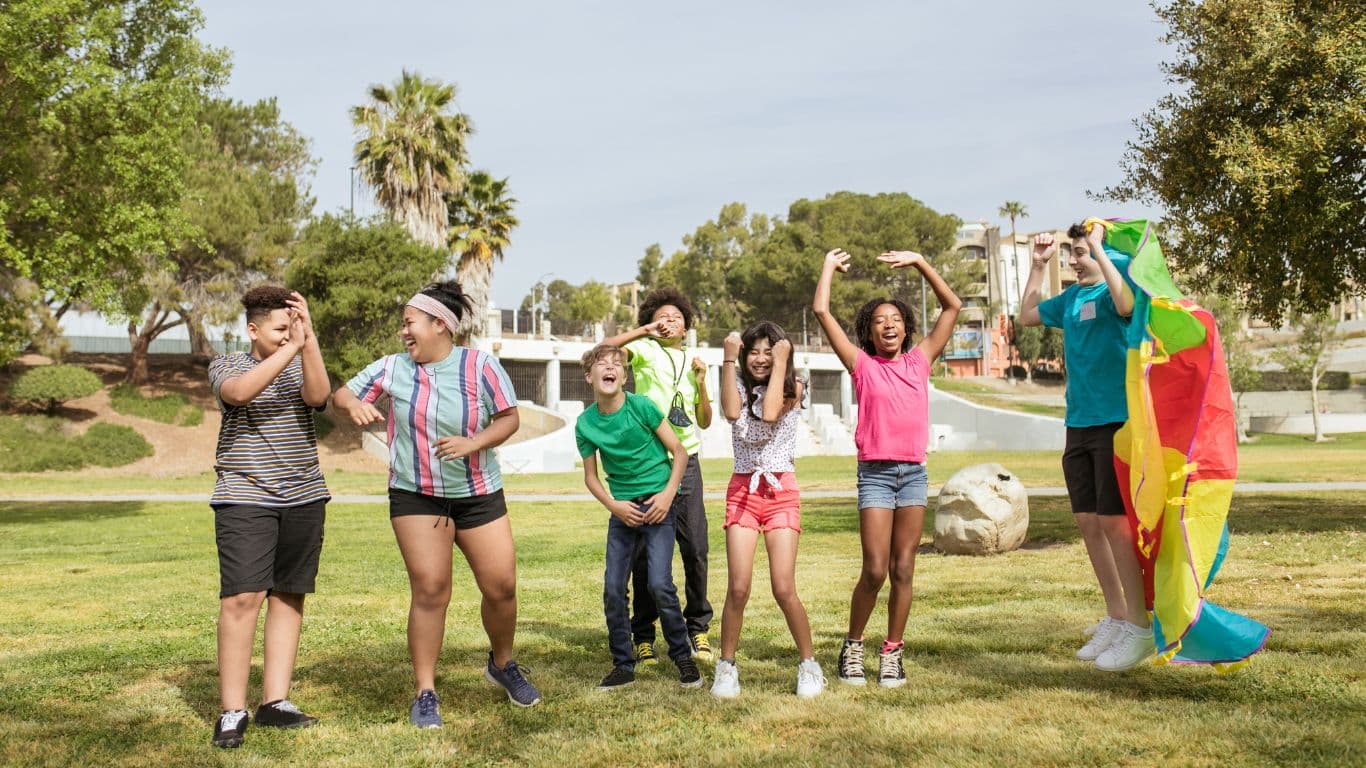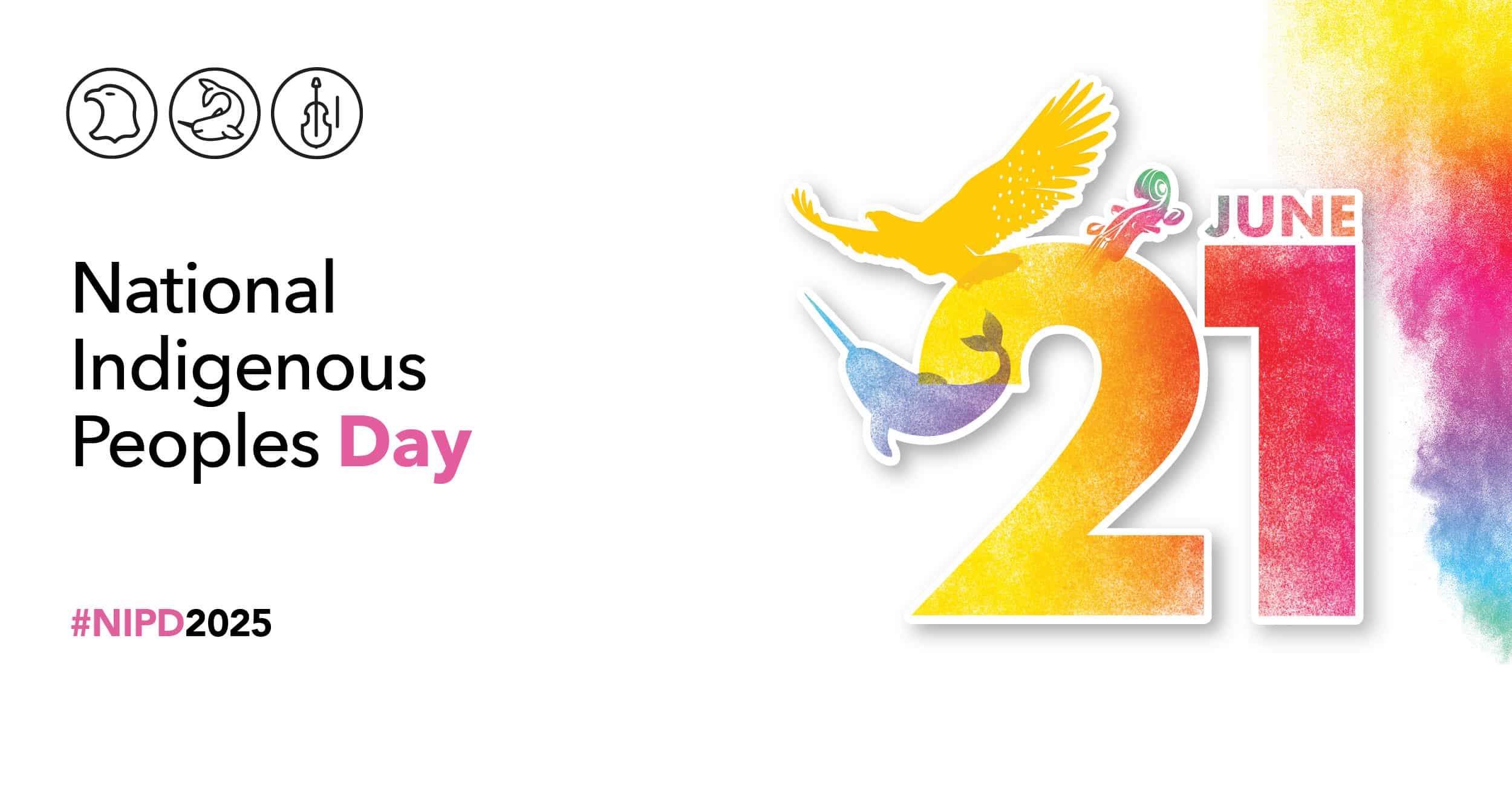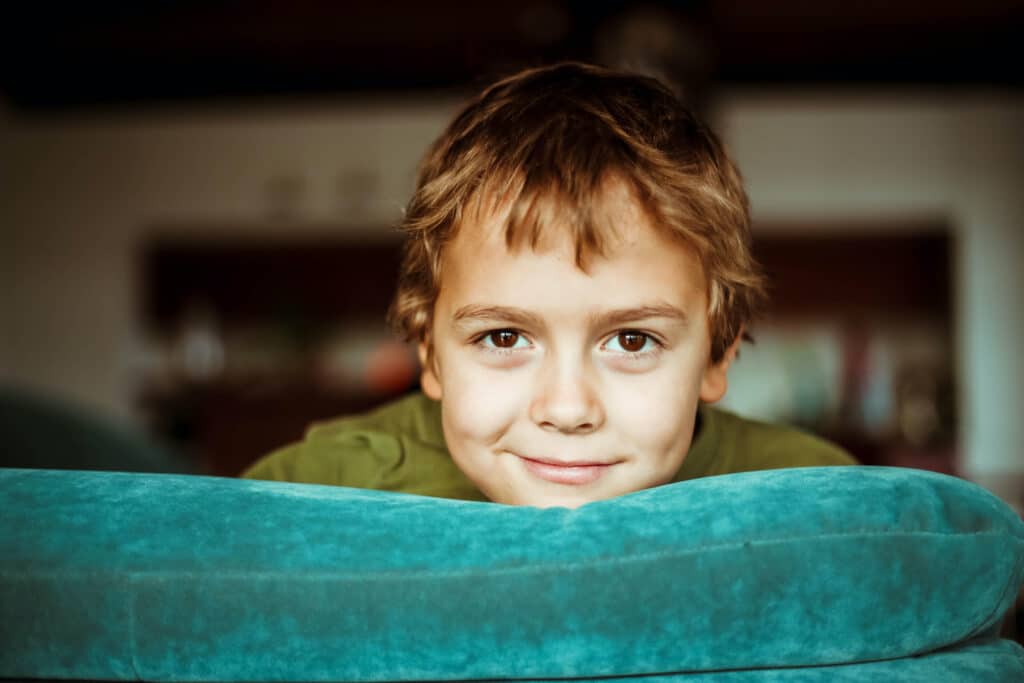Hn’ skʷést Npànkìtc a (My traditional name is Npànkìtc a) and my English name is Loren Sahara. Nłeʔkepmxkn Scw̓éxmxkn ncéweʔ (I am from the Nłeʔkepmx Nation – people of the creeks).
As an Indigenous person, a Caring for First Nations Children Society (CFNCS) instructor, and an adoptive parent, I have been witness to a powerful journey of discovery in relation to adopting Indigenous children and the various struggles and triumphs that come with adoption.
Information in Canadian society about the history of Indigenous peoples and the relationships with Canadian government and settlers is clearly absent. Therefore, it is not surprising that many Canadians know very little about Indigenous people, their nations or communities. As an educator on Indigenous experiences I have observed learners both Indigenous and Settler, depending on their preference of expression, withdraw or lash out as a result of the emotional assault they experience when hearing, seeing, and feeling the truth about how Indigenous peoples of Canada have been and continue to be treated in British Columbia and Canada.
Aboriginal Pre-Adoption On Line (AOL)
The AOL course has been developed for people who are interested in adopting Indigenous Canadian children. The information and learning from the activities will support a commitment to promoting the positive identity and emotional, physical, mental and spiritual well-being of these children.
AOL course sessions are commonly delivered over a 12-week period consisting of six learning modules that include lesson topics from self-care and emotional responses, the impacts of colonization and residential schools to cultural/racial identity, stereotyping and transracial families.
Participants engage in learning through the use of discussion forums, quizzes, puzzles, videos, text, journaling and one-on-one with an instructor. It is anticipated that you will spend approximately four hours per week during a 12-week
period working through these lessons.
The AOL training is offered to social workers and both pre- and post-adoptive parents. Please contact your Adoption Social Worker through your local Aboriginal Delegated Agency or Ministry of Children Family Development (MCFD) to register.
While this course is designed to provide information, it is also intended to offer guidance and support for participants as they learn about the issues that are critical and essential for nurturing and supporting an Indigenous child into adulthood.
Awareness and education
From the CFNCS AOL program: There is a growing awareness that Aboriginal adopted children experience unique challenges with regard to identity development. However, Raven Sinclair (2007) concludes in her research on Native transracial adoption that the “problem with viewing identity as the issue is that the locus of the problem then rests with the child.” It is important to understand that the child’s challenges with identity development do not originate with the child. The child is struggling to develop a positive identity in the face of stereotyping, racism, isolation, and significant pressures to assimilate. In essence, Sinclair is proposing that the “identity conflict” is not within the child, but “more likely that the difficulty is not about acquiring a positive Aboriginal identity, but acquiring a positive self-esteem and self-regard in the face of racism.” I fully believe that Indigenous awareness education is essential for re-establishing respectful relationships between Indigenous peoples and Settler society, the Canadian public communities at large, and especially those prospective parents hoping to adopt Indigenous children. The resurgence and reclamation process for Indigenous peoples is a holistic journey that requires us to return to our values and principles that reflect original relationships and responsibilities to the land and all things respective to each of our diverse community cultures.
kʷukʷscémxʷ (thank you).






